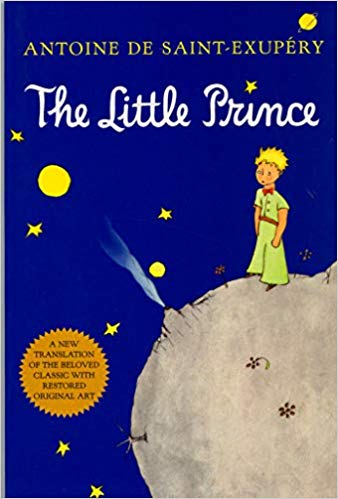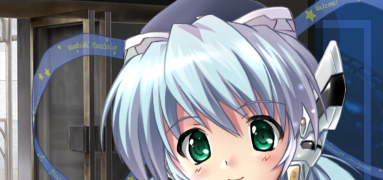As it dictates my career, I’m an enthusiast of Psychology, and one of things I feel was a huge underpinning of this story was memory when it came to the distinction between Yumemi and the Junker.
On the topic of memory I believe this is one of the key points the dialogue attempted to establish to make us feel how these characters are physically on two ends of a spectrum.
Yumemi as a Robot has near perfect recollection of any and every event she has ever “lived” through and could recollect the most minor information if need be. This is used as a contrast to our Human main character who exhibits many imperfections particularly when it comes to memory. An example of this can be seen by the fact that prior to the projection scene the Junker has little recollection of the night sky before the Rain and the war. At one point he insists that the idea of a starry sky is ‘crazy’ because he no longer remembers or just has very little recollection of what it was like.
Essentially this is creating a sense of division between the characters by the integrity of their memory being the key characteristic. This becomes incredibly significant when we hear Yumemi’s wish about not wanting the heavens to be split in two.
Whilst what I just said may seem like an obvious point I really appreciate the attention to detail given to the gradual development in the Junker’s perspective, and his memory has a lot to do with this. I want to look at this through a more psychological lens.
Without getting too academic, we as humans do not have perfect memory. As much as we like to think, “I was there so I know I can’t be wrong” our short term memory is fragile and easily influenced usually based on emotional experiences. Whether it be through the context of our circumstances, or due to some misleading information. Additionally, our long term memory of events is episodic because our brains only store the most important information that matters to us because we can’t possibly retain every detail we perceive. When we do recall information we forget, it is mainly because of emotional or contextual cues which trigger dormant memories to spring back to mind.
So why is this important to our main character?
The Junker, prior to the projection seems to barely remember the night sky. When he sees Yumemi’s projection he is completely mesmerised, and we later find that this certainly has a retroactive interference effect on his memory.
Once The Junker and Yumemi leave the planetarium, they walk in the rain and The Junker has a flashback scene where he recalls an episodic memory of his childhood. When he was a child, his mother held him outside at one point, and she looked up at the sky with him amongst the now nuclear wasted sky.
This is all he recalls, but he begins to question if there were stars in that sky at the time. He can’t remember if there were, but the fact that he had seen Yumemi’s projection was powerful enough of a contextual cue that it triggered memories of his past that he would otherwise would have never remembered. But even then his memory is not perfect, and doesn’t recall if there were visible stars or not. But the way he speaks of his memory comes across as if his brain is retroactively trying to reconstruct that episodic memory because his more recent emotional experience is impacting his ability to accurately recall past events.
To put it in a nutshell, he is human, he is imperfect. She is a robot, she is perfect. At least… in terms of memory.
Which is quite poetically ironic at the very end, especially when you consider that Yumemi’s greatest imperfection was the fact her parting gift of a memory card, an imperfect man-made storage device, held imperfect limited information at the end of her operational lifespan.


